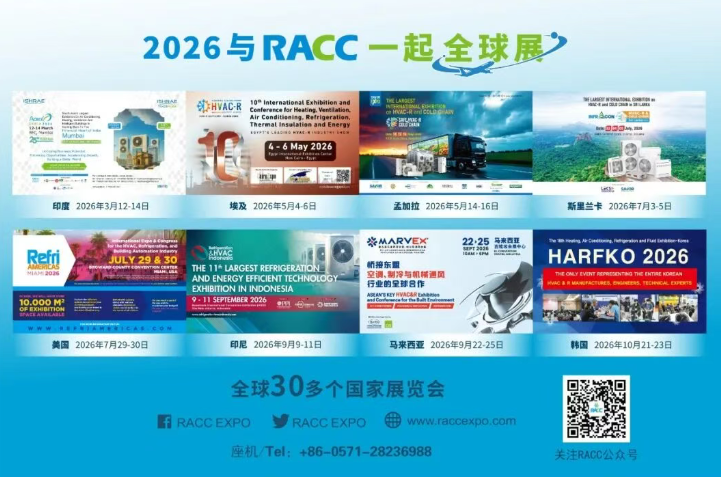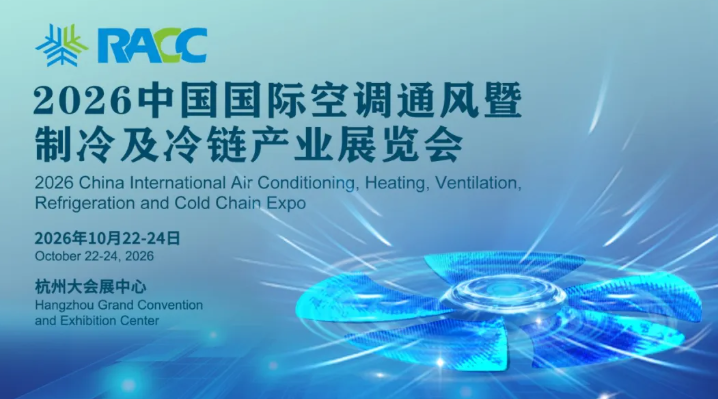
On November 21, Midea Group and BYD officially signed a strategic cooperation agreement for the "Human-Vehicle-Home Smart Ecosystem" at BYD's global headquarters in Shenzhen. The two companies announced that they will integrate their core strengths in smart vehicles, smart homes, AIoT technology, and user ecosystems to break through the physical boundaries between cars and homes, jointly creating an industry-leading "Human-Vehicle-Home" smart ecosystem.
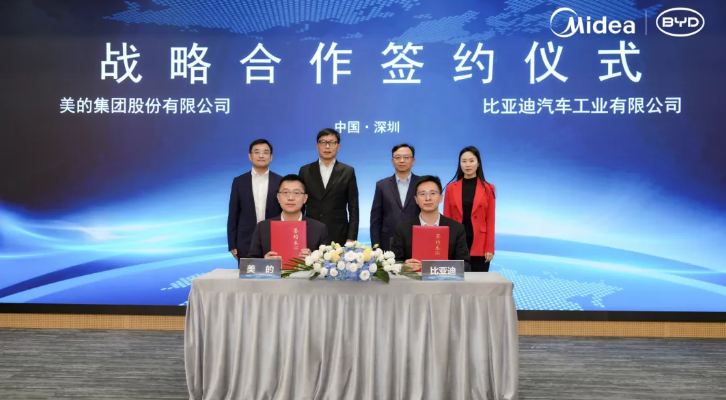
According to reports, BYD's full vehicle portfolio will establish comprehensive collaboration with multiple brands under Midea Group, including Midea, COLMO, Little Swan, Hualing, and Toshiba. These partnerships will progressively integrate a complete range of products such as smart home appliances, smart home devices, and IoT automotive products to build a seamless interconnected ecosystem. Both parties will primarily focus on collaborative innovation at the AI agent level, committed to promoting the standardization of technical interfaces and data protocols. They will actively explore data interoperability and coordinated decision-making between smart vehicles and smart home environment assistants. Together, they will establish "Human-Vehicle-Home" smart connectivity standards and drive their adoption as industry standards.
Regarding this, Fang Hongbo, Chairman and President of Midea Group, stated: "True Intelligence Lies Not in Devices, But in Life Itself." What Midea aims to achieve is integrating 'Human-Vehicle-Home' into a cohesive whole, allowing users to experience only convenience, not the underlying technology." Through this strategic collaboration, Midea's whole-house smart open ecosystem expands further. Moving forward, both parties will continue to deepen their cooperation. By achieving comprehensive "all-brand, all-category, all-scenario" connectivity, they will reshape the "Human-Vehicle-Home" experience through AI, creating simpler and more fulfilling smart living experiences for global users.‘’
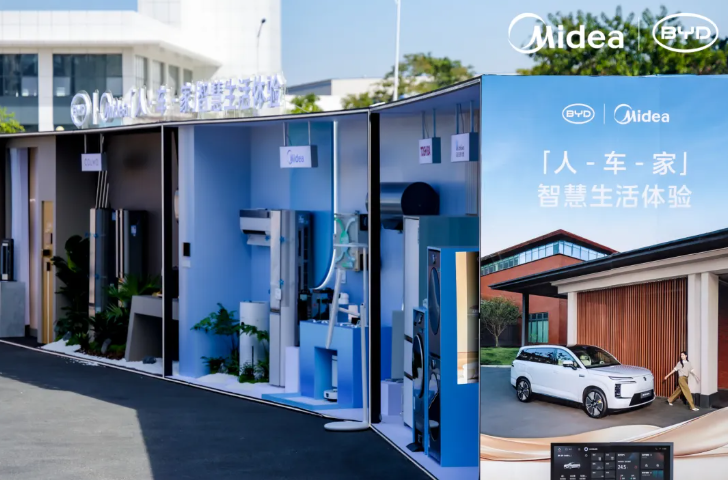
Auto and Home Appliance Makers Forging "Human-Vehicle-Home" Ventures Becomes an Industry Trend
Indeed, as the "Human-Vehicle-Home" concept continues to gain traction, a growing number of multidisciplinary corporations are entering this space. While bringing fresh smart experiences to users, this trend is also transforming market competition—evolving from standalone product comparisons to multidimensional ecosystem rivalries.
Since the beginning of this year, collaborations between automakers and home appliance manufacturers to develop "Human-Vehicle-Home" businesses have been emerging as an industry trend.
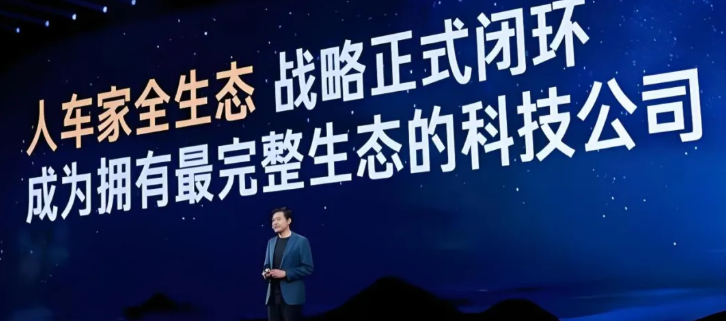
In June of this year, GAC Toyota officially announced a strategic partnership with Xiaomi, marking a deep integration in the field of smart ecosystems. The core of this collaboration lies in the integration of GAC Toyota vehicles into Xiaomi's "Human-Vehicle-Home Full Ecosystem," with open hardware interface standards. It is reported that Xiaomi's AIoT ecosystem, including the Mi Home App, will also be implemented in vehicles, enabling remote control of smart home devices and interactive scenarios with in-car systems.
Furthermore, on November 19, Wang Hua, General Manager of Xiaomi's Public Relations Department, officially announced via social platforms that the 2025 Xiaomi Human-Vehicle-Home Full Ecosystem Partners Conference will be held on December 17. The event will showcase Xiaomi's latest advancements in its "Human-Vehicle-Home Full Ecosystem" strategy. Simultaneously, this gathering will also help to clearly outline the core direction of Xiaomi's AI strategy: moving beyond text generation to enable AI to truly understand and interact with the physical world—a key prerequisite for achieving intelligent connectivity within the "Human-Vehicle-Home Full Ecosystem."
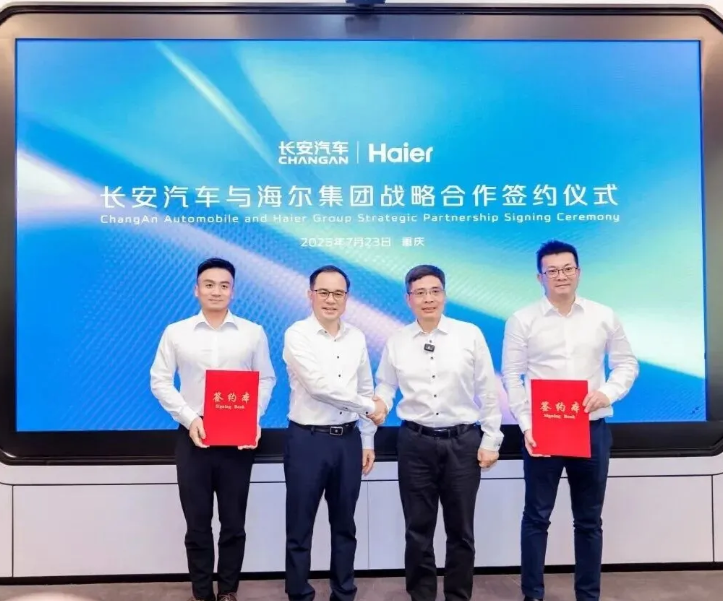
In a similar vein, Haier and Changan Automobile officially signed a strategic cooperation agreement in Chongqing this July, accelerating collaboration across multiple domains including new energy, supply chain, healthcare, and global branding. Zhou Yunjie, Chairman of the Haier Group's Board of Directors, stated that Avatr could integrate home-vehicle connectivity scenarios by incorporating products from the Casarte brand—such as air conditioners, refrigerators, and oxygen concentrators—into vehicles.
On August 27, Haier's subsidiary, Kataichi Holdings, subsequently announced the successful completion of strategic equity acquisition in Autohome, along with a board restructuring, to deepen its ecosystem layout in the automotive industry.
The home appliance industry has already entered a new phase characterized by parallel expansion into new markets and strategic cultivation of existing segments. However, the long-term potential and sustainable profitability of the "Human-Vehicle-Home" ecosystem as a new growth driver remain subjects for ongoing observation and exploration.
